Coping with the Holiday Blues


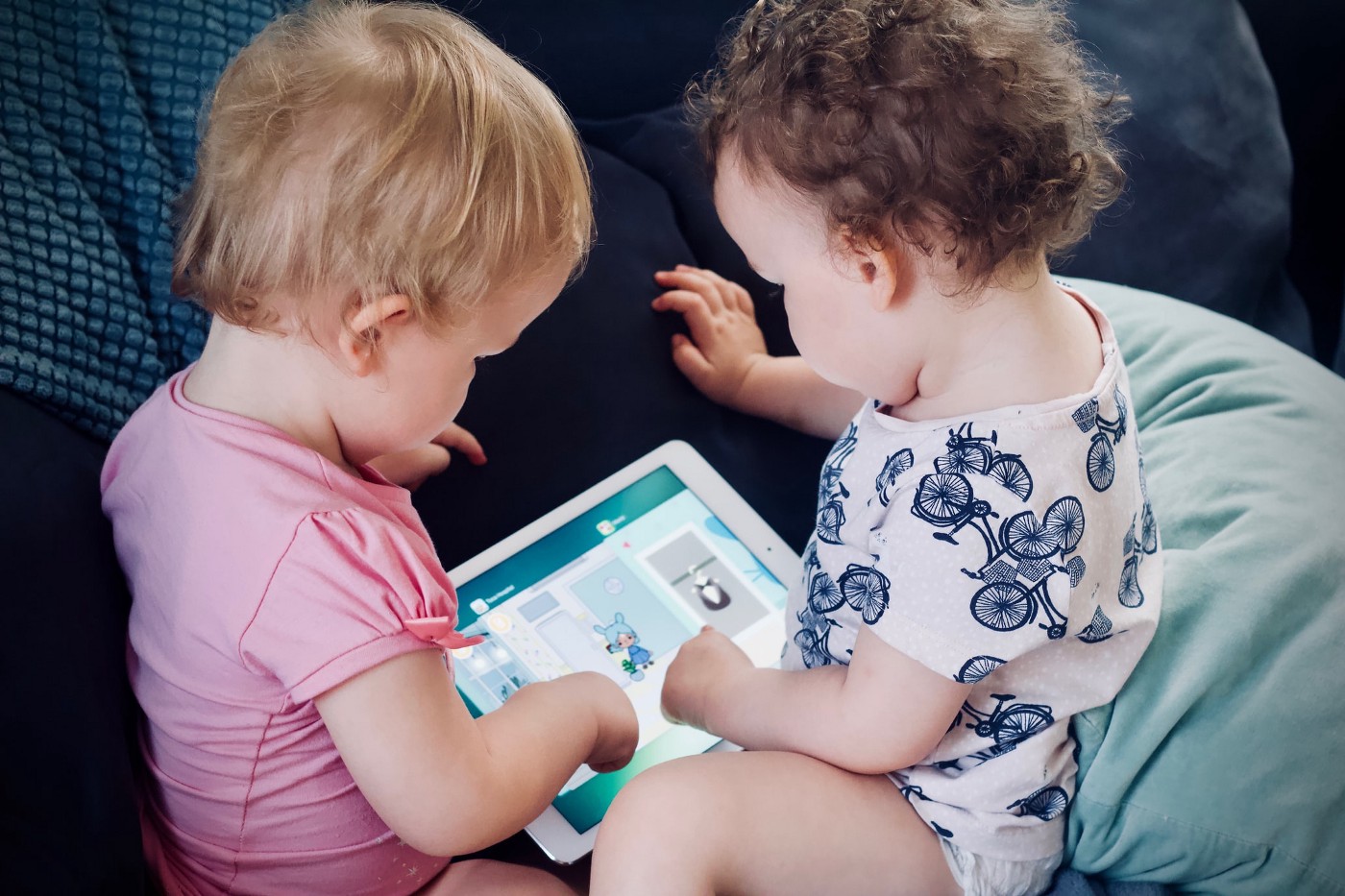
The question is “where?” and “is the source credible?”
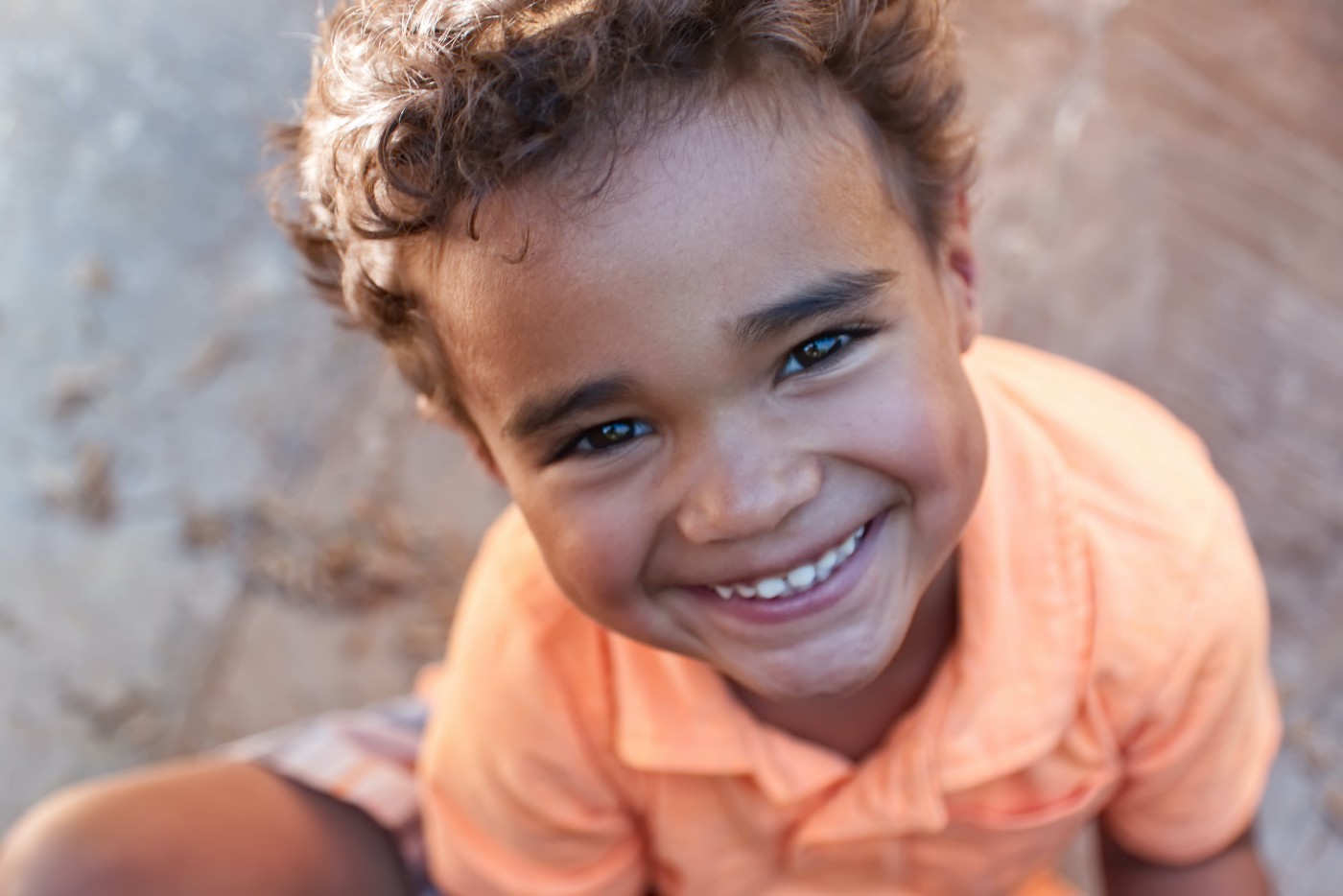
People aren’t perfect. This fact might be simple enough to understand, but it can be harder to apply to our own internal dialogue. Even if we accept that everyone makes mistakes, we may still find ourselves becoming our own worst critics when faced with our flaws — and our kids aren’t immune from the same struggles. Self-criticism actually doesn’t help us learn from our mistakes or overcome failure — it can just lead to feelings of worthlessness and even depression. So, how can we avoid this cycle and raise our kids to be resilient instead of self-critical?
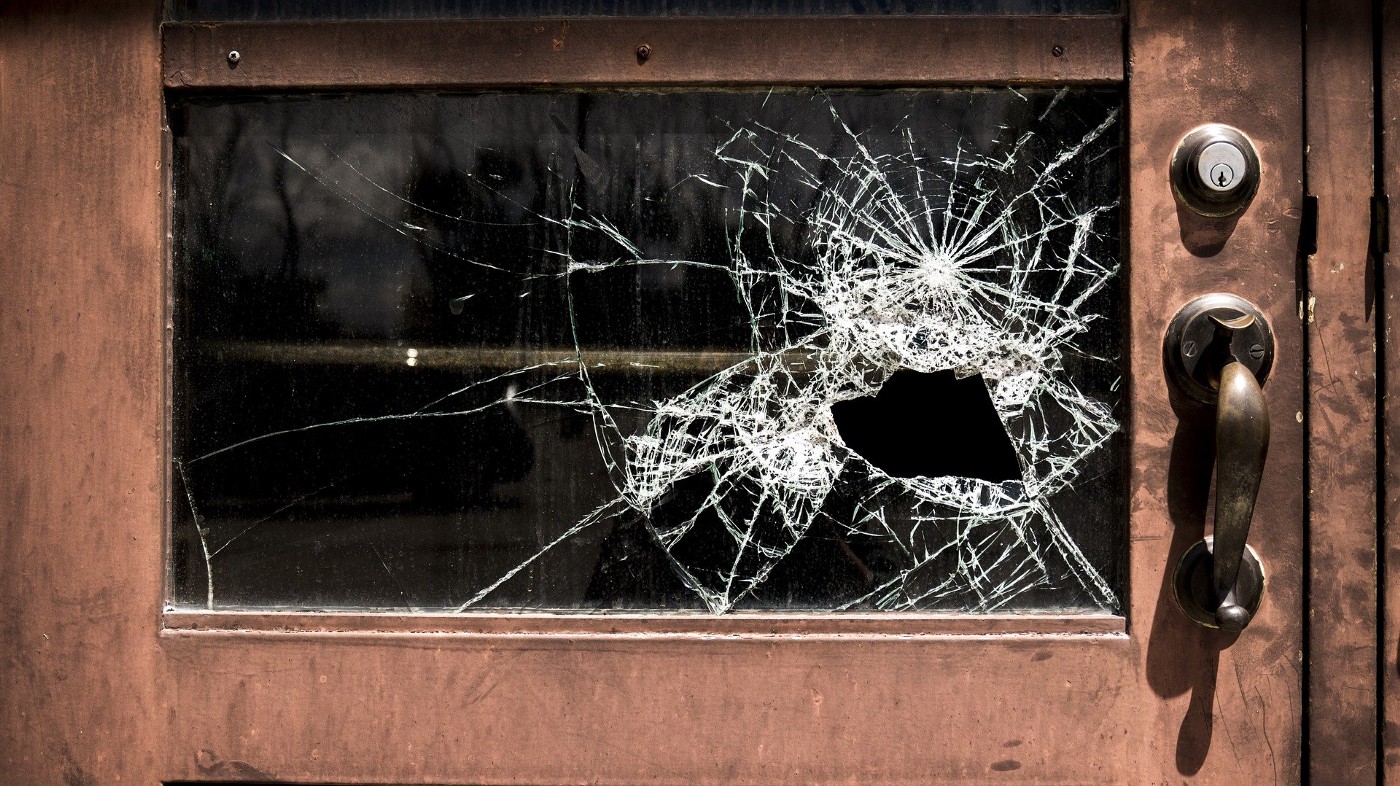
As the majority of students returned to the classroom this school year, the unfortunate reality of mass violence has also made a comeback. School shootings have taken an upward trend these past few months after a hiatus due to the school closures across the country at the onset of the pandemic.

The concept of “burnout” has undeniably been a hot topic lately, but new research shows that it isn’t just workplace pressures that can lead to overload. Typically, the word burnout describes an overwhelming state of exhaustion you might experience after prolonged, unending stress that you’re just not able to manage. Parental burnout describes almost the same reaction, but instead of being associated with work or your career like regular burnout, it’s caused by the stressors of being a parent.

It’s super confusing to find something in your underwear that’s never been there before.

Last week, our CEO, Kenzie Butera Davis, and Head of Content, Abdi Mohamed, had the privilege to speak with 14-year-old Nya Sigin, a Freshman at Prior Lake High...
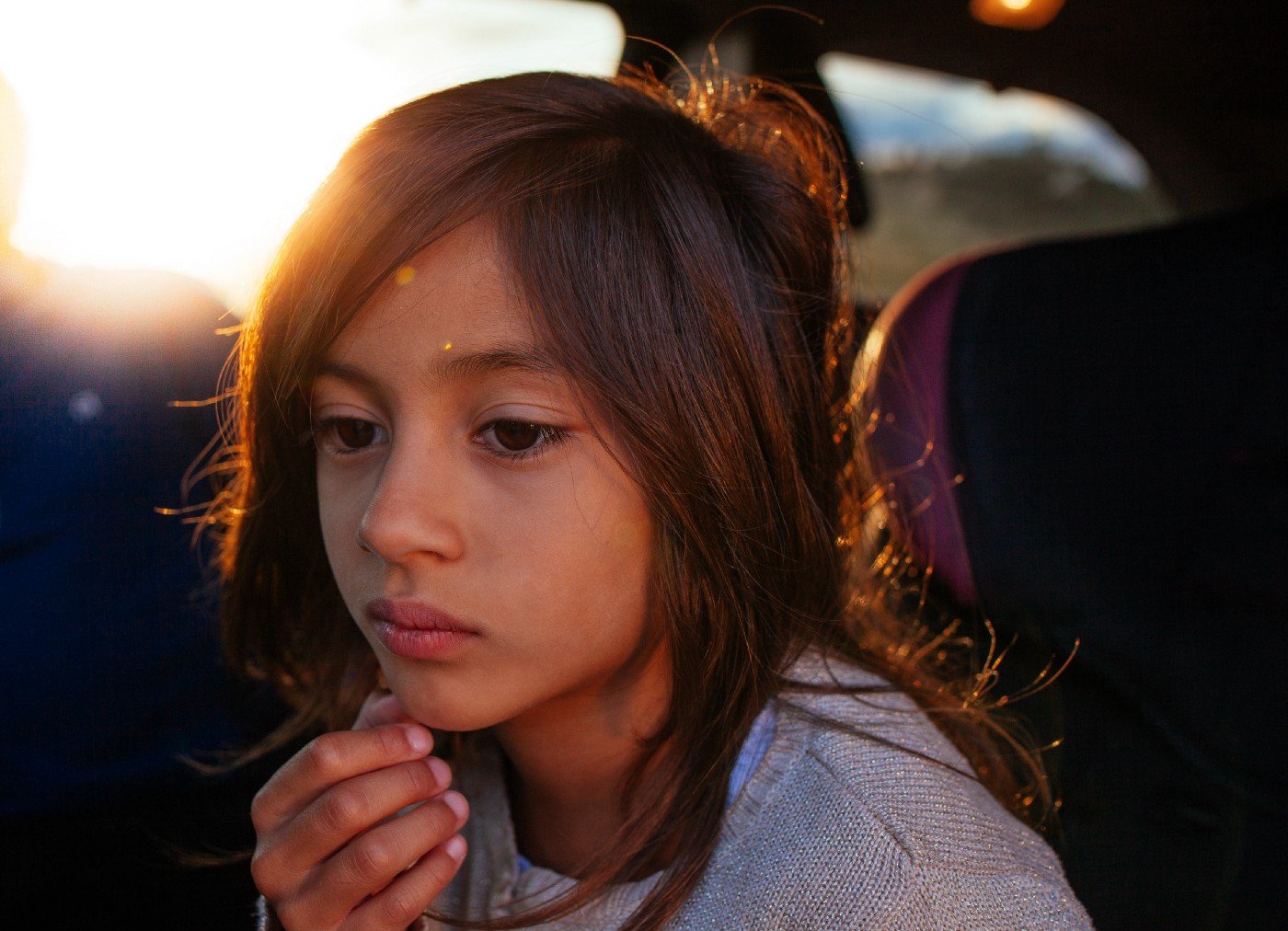
Tomorrow is Children’s Grief Awareness Day, a day dedicated to spreading awareness about the support that children need after experiencing a loss. Kids are not immune to grief, and understanding how they react to a loss can help prepare parents and caregivers to support them throughout the process.
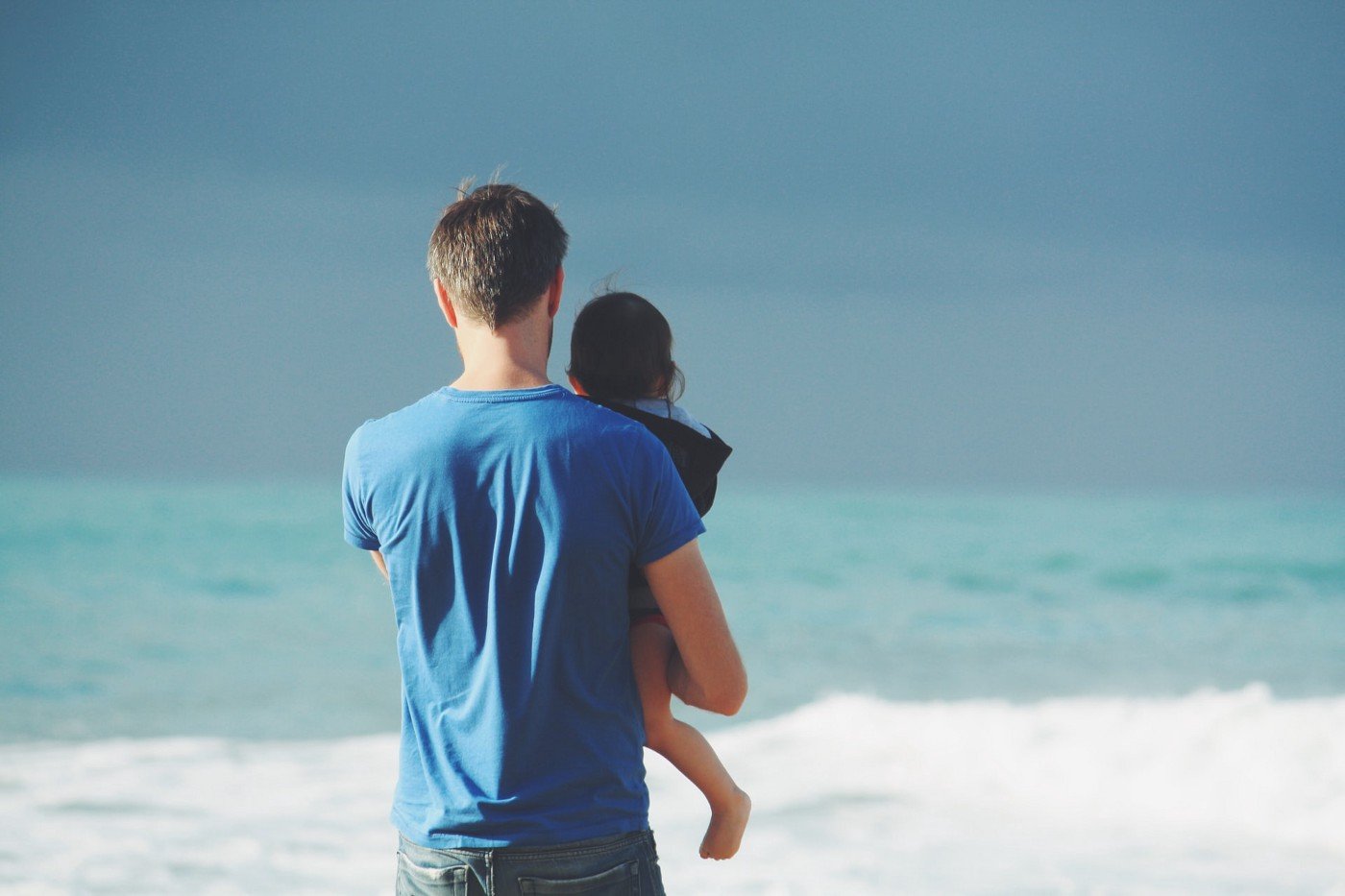
If you weren’t already aware, November is Men’s Health Awareness Month, a period dedicated to drawing attention to health issues affecting men such as prostate and testicular cancers, suicide prevention, and mental health. In order to raise awareness around these important topics, many men will sport a mustache or participate in No Shave November as a way to create a conversation about men’s health.
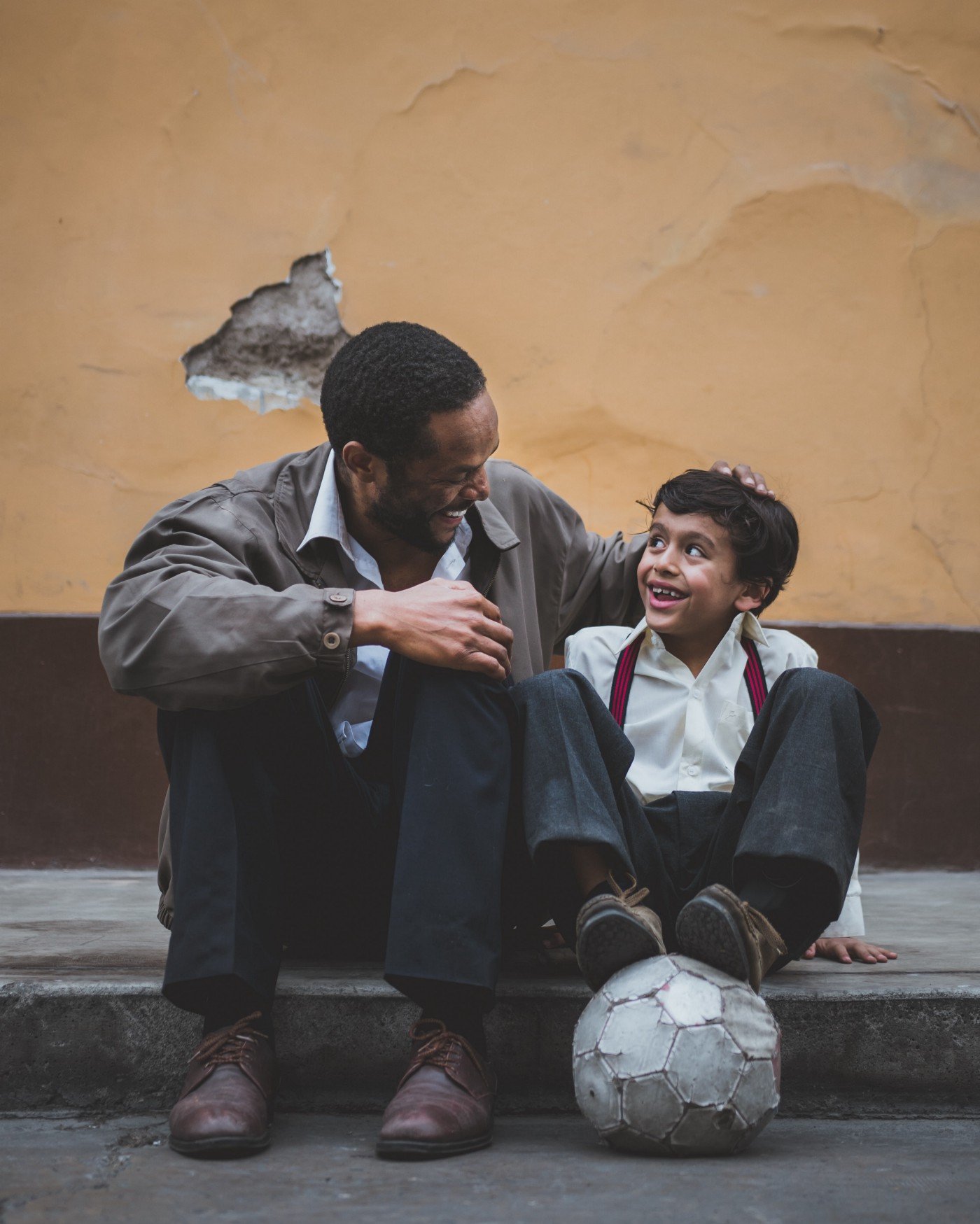
According to the American Academy of Pediatrics, 1 in 5 kids has a diagnosable mental health issue. Acknowledging the real prevalence of mental health issues is important, and it gives us an opportunity to focus on starting open, honest conversations about mental health early on. By talking about it with your kids, you’re establishing yourself as someone they can feel comfortable coming to if they’re ever struggling and encouraging them to start checking in on their mental health as a crucial part of their overall well-being.